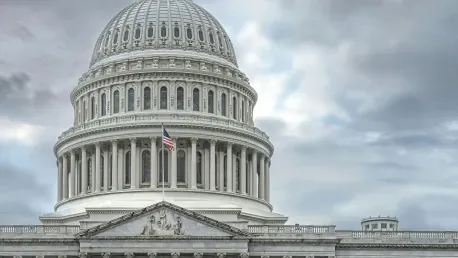
MedTrainer has announced a new partnership with Paylocity aimed at simplifying healthcare workforce compliance and reducing administrative burdens during the onboarding process. MedTrainer, known for its healthcare workforce compliance solutions, will combine its services with Paylocity's

Abernathy Daley's recent report has stirred significant controversy in the retirement plan industry by claiming that a vast majority of U.S.-based retirement plans exhibit compliance risks. The report indicates that 84% of these plans have at least one "red flag" that potentially

The U.S. Supreme Court recently issued a stay on the reinstatement of two federal agency officials dismissed by former President Donald Trump before their terms expired. Chief Justice John Roberts signed the order affecting Gwynne Wilcox, a Democratic member of the National Labor Relations Board

DailyPay, a leading provider of earned wage access (EWA) services, has initiated a significant legal battle against the New York Attorney General (AG) Letitia James' office. At the heart of this contention lies the classification of DailyPay's advance payment services, which the AG argues

A recent survey conducted by Justworks and The Harris Poll uncovered a significant sentiment among American workers. The majority believe that recent changes in federal policies, particularly those introduced under former President Donald Trump, will have more direct and immediate effects on their

Sofia Khaira is a renowned specialist in diversity, equity, and inclusion, working tirelessly to help businesses improve their talent management and development practices. As an HR expert, she has successfully driven initiatives to create inclusive and equitable working environments. Today, we